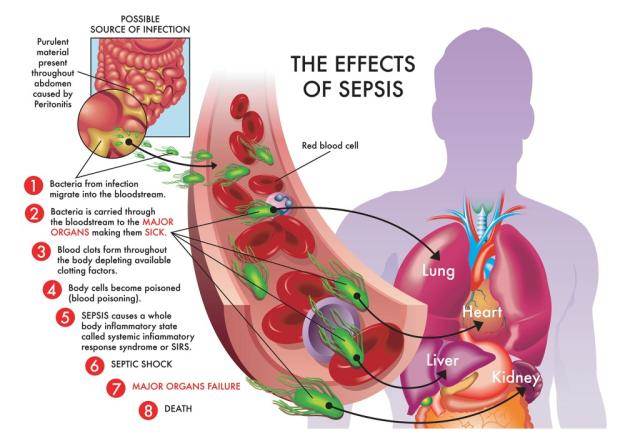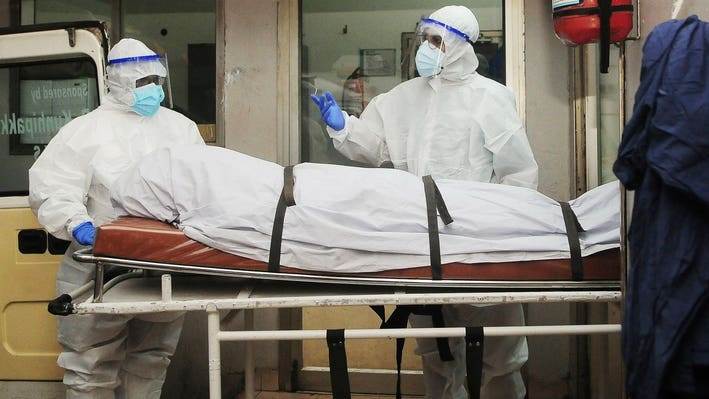
Sepsis is a severe and life-threatening condition that can rapidly escalate into septic shock, a critical state where the body’s organs begin to fail due to a severe infection. In such dire situations, medical intervention is crucial to saving lives, but it often comes with significant trade-offs. Understanding how treatments work and their potential side effects can provide insight into the difficult choices faced by healthcare professionals and patients alike.
The Impact of Sepsis and Septic Shock
Sepsis begins as an infection, but when it progresses, it can lead to septic shock. In septic shock, the body’s response to infection causes a dramatic drop in blood pressure, which can lead to organ failure and, without intervention, death. The body’s organs, including the heart and brain, rely on adequate blood flow to function properly. When blood pressure plummets, it becomes essential to restore this flow to prevent organ damage and preserve life.

The Role of Vasopressors
To address the critically low blood pressure seen in septic shock, doctors administer powerful medications known as vasopressors.
The article is not finished. Click on the next page to continue.
The article is not finished. Click on the next page to continue.
Next page


















